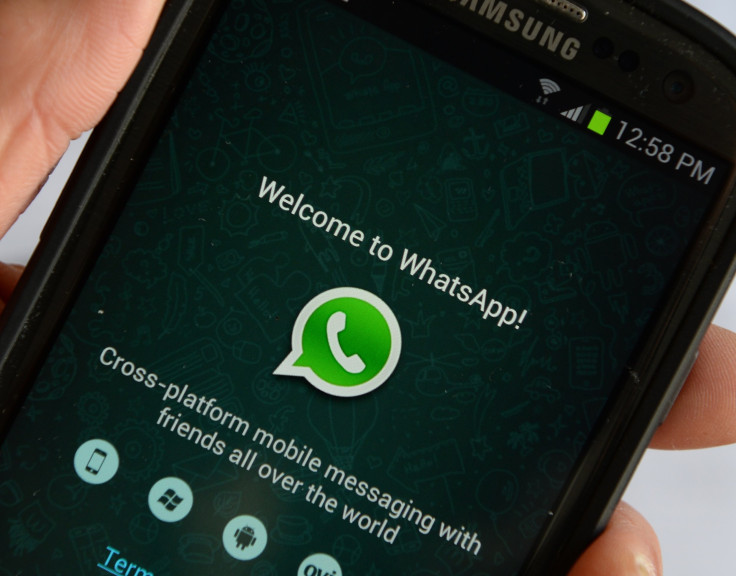Blue Whale Challenge 2.0? WhatsApp ‘Suicide’ Game Momo Linked To 130 Deaths

A “suicide” game called Momo on WhatsApp — an instant messaging app — has been linked to at least 130 teen deaths across Russia.
In light of this, police in Argentina are currently looking for links between the deadly game and the death of a 12-year-old in the town of Ingeniero Maschwitz near Buenos Aires. Investigators have warned parents about the potential of Momo becoming the next Blue Whale challenge — which consisted of a series of tasks assigned to players by administrators over a 50-day period, with the final step being to commit suicide.
"The risk of this challenge among young people and minors is that criminals can use it to steal personal information, incite suicide or violence, harass, extort and generate physical and psychological disorders such as anxiety, depression and insomnia,” the Computer Crime Unit of Tabasco said, as authorities in Mexico also cracked down on the game, the Mirror reported.
According to law enforcement experts, Momo is a game which begins with a shadowy administrator sending the participant a series of violent images through WhatsApp and escalates to ordering the gamer to perform certain tasks. If at a certain point, the player refuses to perform the challenges assigned to him or her, the player faces an array of threats.
Parents warned over WhatsApp 'suicide' game Momo that could be next Blue Whalehttps://t.co/tPKPKYrPs8 pic.twitter.com/gtf7QSJxwl
— The Mirror (@DailyMirror) August 1, 2018
If that is not enough, the avatar of the game is sure to give teenagers — the target audience of the game — nightmares. It is the image of a woman with bulging eyes and an inhuman grin, complete with grotesque chicken feet replacing her torso, designed by Japanese artist Midori Hayashi, who is not associated with the game.
Although Argentinian authorities have not connected the game directly to the death of the young girl, they have found a video on her phone that was shot by her shortly before her death. They also suspect that a certain 18-year-old individual was in contact with the unnamed victim prior to her death, who might have influenced the latter to take her own life.
"The phone has been hacked to find footage and WhatsApp chats, and now the alleged adolescent with whom she exchanged those messages is being sought,” the police said in a statement.
Furthermore, it is their belief that the teenager would have uploaded the video on to social media as part of a challenge assigned by Momo. The exact content of the video in question is not known.
The National Society for the Prevention of Cruelty to Children (NSPCC) spoke out against the Blue Whale Challenge, two years ago, assuring children it was alright not to give in to peer pressure under circumstances where they don’t feel safe.
“Children can find it difficult to stand up to peer pressure but they must know it’s perfectly okay to refuse to take part in crazes that make them feel unsafe or scared,” a spokesperson for NSPCC said. “Parents should talk with their children and emphasize that they can make their own choices and discuss ways of how to say no.”
“Reassuring a child that they can still be accepted even if they don’t go along with the crowd will help stop them doing something that could hurt them or make them uncomfortable,” the statement added.
© Copyright IBTimes 2025. All rights reserved.






















